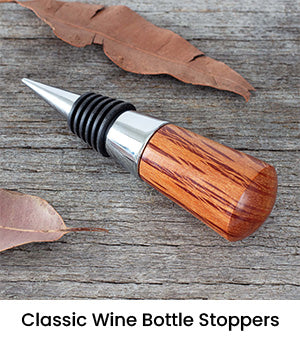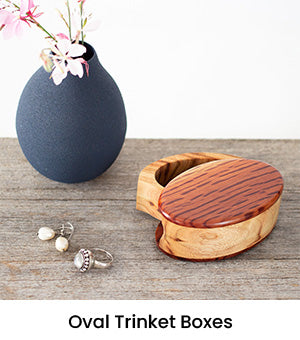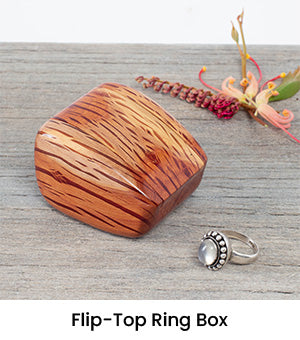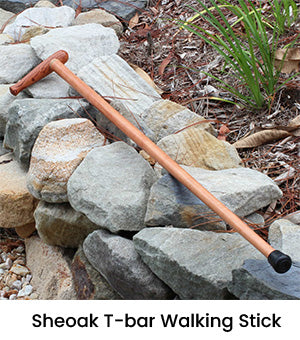Sheoak is not an Oak!
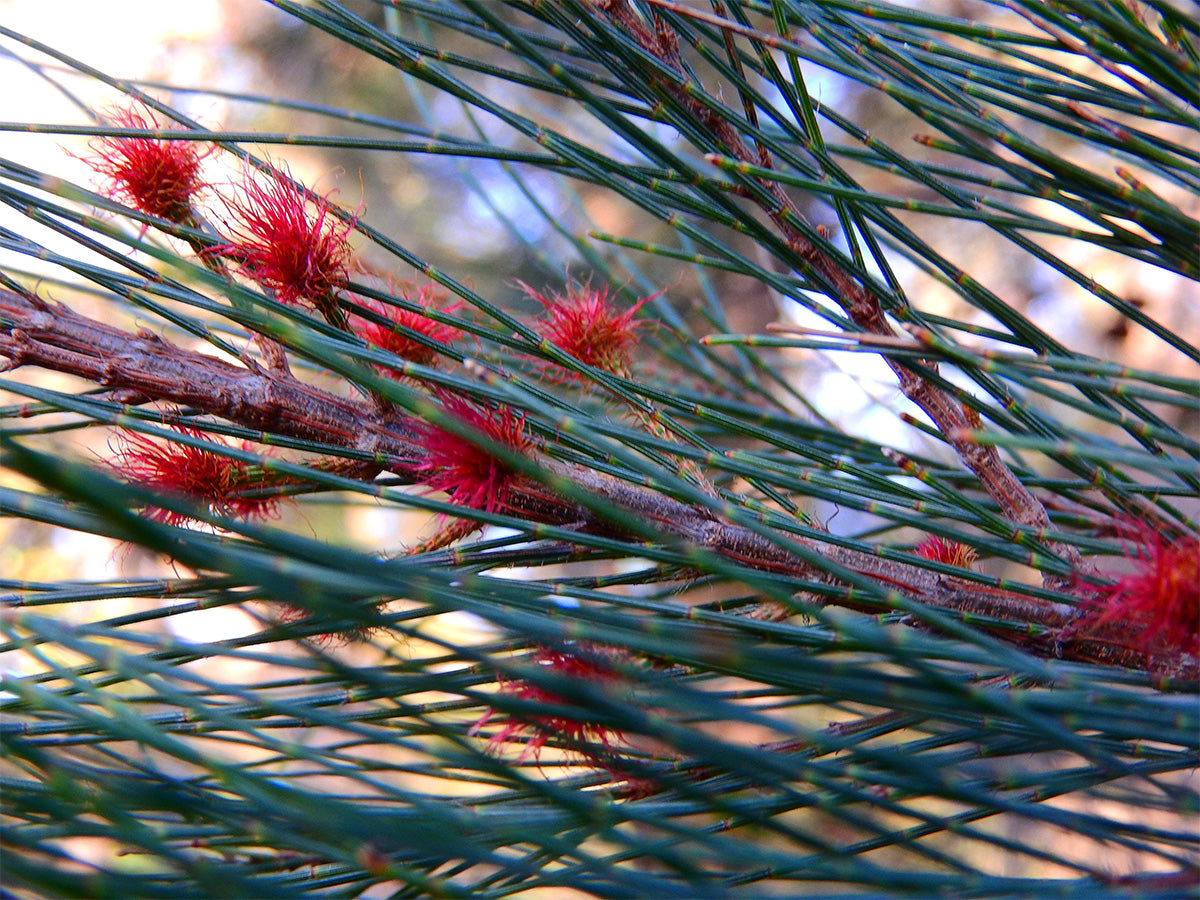
Sheoaks, belonging to the genus Allocasuarina, are native to Australia and stand out in the landscape for their unique appearance and ecological functions. These trees and shrubs are vital to their native ecosystems, adapting well to various Australian climates. Despite their common name suggesting a relation to oaks, sheoaks are distinct, with fine, needle-like foliage that creates a soft, whispering sound in the breeze, contributing to their unique identity in the plant world.
Distinctive Botanical Features
Sheoaks are easily recognized by their slender, green branchlets that resemble pine needles. These are not true leaves but modified structures that efficiently reduce water loss, making sheoaks well-suited to dry environments. Their actual leaves are tiny, scale-like, and often go unnoticed. Sheoaks produce woody cones, not fruits, which carry the seeds. This reproductive strategy is a fascinating aspect of their biology, showing their adaptation to survive and thrive in varied conditions.
Ecological Significance and Adaptations
Ecologically, sheoaks play a pivotal role. They are capable of fixing atmospheric nitrogen through a symbiotic relationship with soil bacteria, enriching the soil and benefiting surrounding plant life. This nitrogen-fixing ability makes them invaluable in nutrient-poor Australian soils. Furthermore, their foliage and cones provide food and habitat for various wildlife species, including birds and insects, thus supporting biodiversity.
Cultural and Historical Importance
Historically, sheoaks have been integral to both Aboriginal and early settler life in Australia. Aboriginal people used sheoak wood for tools and weapons and cones and seeds for food. Early European settlers utilized sheoak wood for building, fencing, and fuel, appreciating its hardness and durability. The cultural significance of sheoaks continues to be celebrated in Australia, symbolizing resilience and the utilitarian relationship between nature and human society.
Environmental Impact and Conservation
Sheoaks have a notable impact on their environment, often used in land rehabilitation and erosion control due to their robust root systems that stabilize the soil. Their ability to thrive in poor soils makes them excellent candidates for reforestation projects and ecological restoration. Importantly, sheoaks help maintain ecological balance, providing essential resources for wildlife, including endangered species like the glossy black cockatoo, which relies on sheoak seeds as a primary food source. Conservation efforts often focus on protecting and replanting sheoak species to ensure the sustainability of their habitats and the broader ecosystem.
Modern Uses and Research
Sheoak wood has found a place in contemporary design and landscaping, prized for its texture, durability, and aesthetic appeal. In furniture making, sheoak is valued for its distinctive grain patterns and warm colours, bringing a touch of natural elegance to modern interiors. Landscaping projects utilize sheoak for its resilience and ability to enhance the natural beauty of outdoor spaces.
Research into the ecological role of sheoaks is ongoing, with studies focusing on their potential to combat climate change and land degradation. Their nitrogen-fixing capabilities and adaptability to harsh conditions make them a subject of interest in studies aimed at understanding and mitigating the effects of environmental changes.
Here at Australian Woodwork, we take pride in offering a range of products that celebrate the natural beauty and versatility of sheoak. Our collection includes:
Classic Wine Bottle Stoppers: These stoppers are not just functional; they are a piece of art, hand-turned to showcase the intricate grain patterns of sheoak wood. Designed to fit various bottle types, they provide an elegant solution for preserving your favourite wines or oils.
Oval Trinket Boxes: Crafted from sheoak, these boxes feature a smooth, contoured design, with the natural wood grain offering a stunning visual appeal. Perfect for storing small treasures, they combine practicality with the rustic charm of sheoak.
Flip-Top Ring Boxes: These compact boxes are designed with a flip-top lid, offering a secure and stylish way to store rings or small jewellery pieces. The sheoak wood used in these boxes is selected for its striking patterns, making each box unique.
T-Bar Walking Sticks: Our walking sticks are not only sturdy and reliable but also elegantly crafted from sheoak to display the wood's natural beauty. They are designed for comfort and durability, making them perfect for both everyday use and as a stylish accessory.
Cheese Knives: These knives feature handles made from sheoak, known for their durability and distinctive patterns. Paired with high-quality stainless steel blades, they are ideal for cutting through a wide range of cheeses with ease and elegance.
Our products demonstrate the practical elegance and resilience of sheoak. With a focus on quality and sustainability, we aim to offer items that are not only functional but also capture the natural beauty and essence of this remarkable wood.
Conclusion
Sheoaks are more than just trees; they are a vital part of Australia's natural heritage and cultural history. With their unique ecological functions, historical significance, and modern applications, sheoaks continue to be an invaluable resource. Through sustainable management and creative craftsmanship, the legacy of sheoaks is preserved and celebrated, underscoring their importance in Australia's environmental and cultural landscape.







